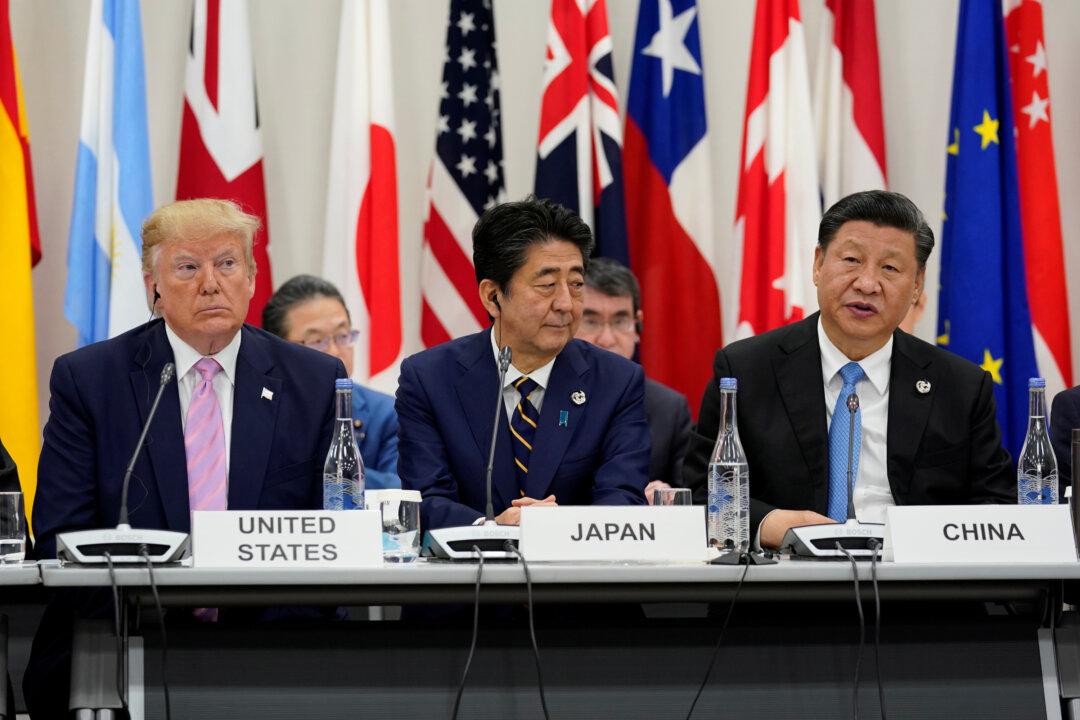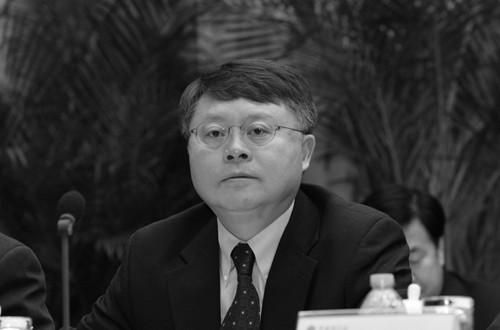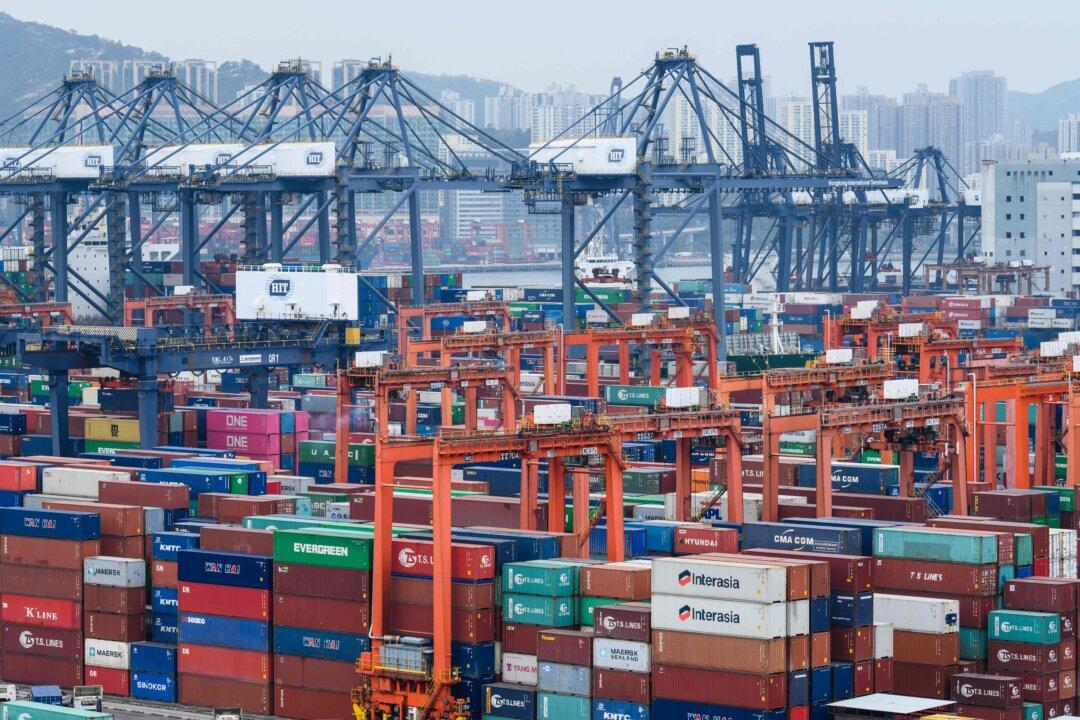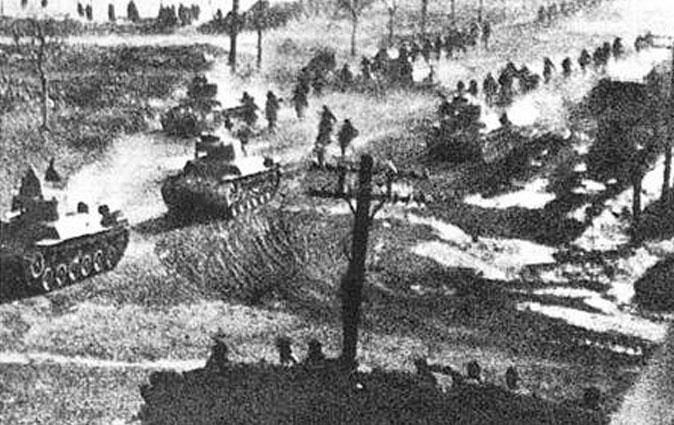On the eve of the Trump-Xi meeting, the Chinese Communist Party (CCP)’s official media has once more strongly castigated the “surrender faction” as well as intensively bombarded U.S. Secretary of State Mike Pompeo.
The Hong Kong-based South China Morning Post also released a report on June 24 saying that Xi Jinping had received an “inspiring” report, which states that Beijing is fully capable of coping with the impact of the trade war, and that there is no need to make concessions to the United States at the G20 summit.




